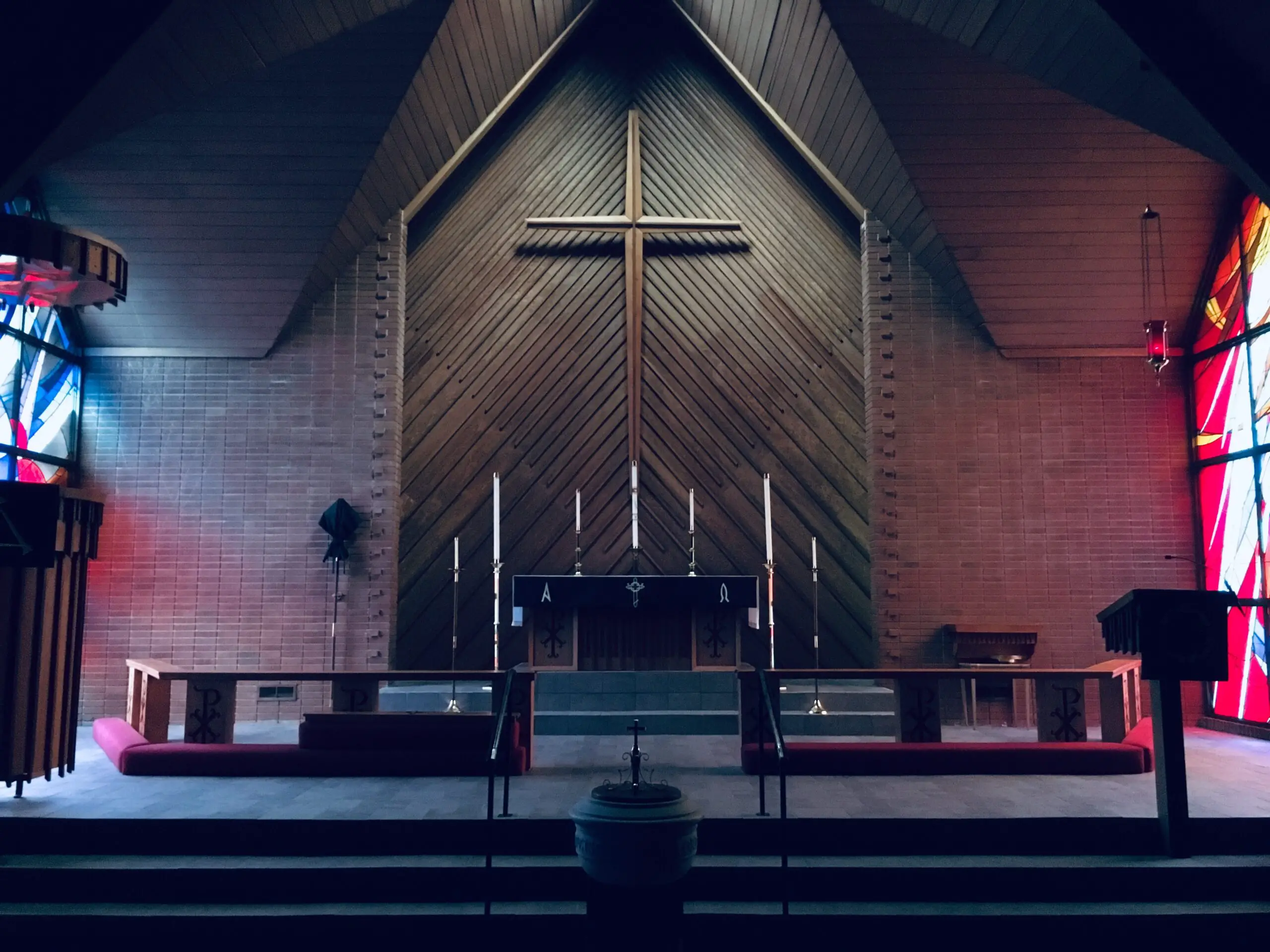HUD Grants for Churches can be a vital source of funding for churches aiming to make a tangible difference in their communities. While the church-state separation principle poses certain challenges, with a clear understanding of the rules, proper planning, and unwavering commitment to secular service, churches can harness these resources to significantly benefit the communities they serve.
The United States Department of Housing and Urban Development, better known as HUD, plays a pivotal role in supporting various community endeavors, particularly those that aid in housing, community development, and the restoration of certain infrastructure.
Over the years, many religious institutions, including churches, have often wondered about the possibilities of accessing these funds. This article aims to provide clarity on this topic, outlining HUD grants for churches, and offering practical examples to better understand the process.
1. The Church-State Separation Principle
Before diving into the specifics, it’s important to address the church-state separation principle. This fundamental concept in the U.S. ensures that there’s a clear delineation between church activities and state functions.
While this might sound like churches are ineligible for government funding, it’s not quite so black and white. Churches can access federal funds if they’re to be used for secular, non-religious purposes, especially if they meet the criteria set out by HUD.
2. Eligibility for HUD Grants
Not all programs provided by HUD are open for religious institutions, but there are several that might be accessible under specific conditions:
- Community Development Block Grant (CDBG) Program:This is one of the primary programs under HUD that offers grants for community development needs. If a church has a separate entity or a non-profit wing that caters to housing, community services, or infrastructure development, it can potentially be eligible for CDBG funds. These funds are primarily for activities like construction, reconstruction, or infrastructure development that benefit the community at large.
Practical Example: Imagine a church in a low-income neighborhood aiming to build affordable housing units for the local residents. The church establishes a non-profit subsidiary to oversee the project. This subsidiary could potentially apply for CDBG funds to assist with the housing construction, provided the units will be offered to individuals regardless of their religious affiliations.
- HOME Investment Partnerships Program: This program aims at expanding the availability of affordable housing. If a church is involved in projects that create affordable housing solutions for the community, they can potentially tap into the HOME program, again, typically via a non-profit wing or a separate entity.
3. The Application Process
Obtaining a HUD grant is not just about eligibility; it’s about showcasing how the funds will be used to better the community. The application process involves:
- Needs Assessment: Clearly articulate the community needs the project seeks to address.
- Detailed Proposal: This should include the project’s objectives, projected costs, timelines, and expected outcomes.
- Secular Focus: Ensure that the proposal emphasizes the secular nature of the project, avoiding any religious undertones or objectives.
- Liaison with Local HUD Office: Regularly engage with the local HUD office to understand the specific requirements and obtain guidance on the application process.
4. Post-Grant Compliance and Reporting
Once a grant is received, it comes with stringent reporting requirements. Churches or their subsidiary entities must ensure:
- Transparent Usage of Funds: The funds should be used strictly as described in the proposal. Any deviation can result in penalties or even necessitate refunding the grant.
- Periodic Reporting: Regular updates on the progress, financial expenditure, and outcomes should be provided to HUD.
- No Religious Discrimination: Ensure that services or benefits derived from the project are available to all, irrespective of their religious beliefs or affiliations.
5. Common Misconceptions and Pitfalls
Many churches often operate under certain misconceptions about HUD grants, which can either lead to missed opportunities or inadvertent non-compliance:
- Grants can be used for religious activities. As reiterated, HUD grants for churches should strictly serve secular purposes. Projects that propagate religious teachings or promote a particular faith are ineligible.
- Once received, the grant is unrestricted. Every penny received should be accounted for and spent according to the approved proposal.
6. Other Funding Avenues
While HUD grants are valuable, they aren’t the only source of funding available to churches for community projects. Exploring other avenues like private donors, corporate partnerships, or even state and local government grants can be equally fruitful.
Conclusion
HUD grants can be a vital source of funding for churches aiming to make a tangible difference in their communities. While the church-state separation principle poses certain challenges, with a clear understanding of the rules, proper planning, and unwavering commitment to secular service, churches can harness these resources to significantly benefit the communities they serve.
Remember, the key is to prioritize community welfare over religious objectives, maintain transparent and regular communication with HUD, and stay committed to the project’s goals. By doing so, not only can churches avail themselves of this funding, but they can also pave the way for a better, more inclusive community.




